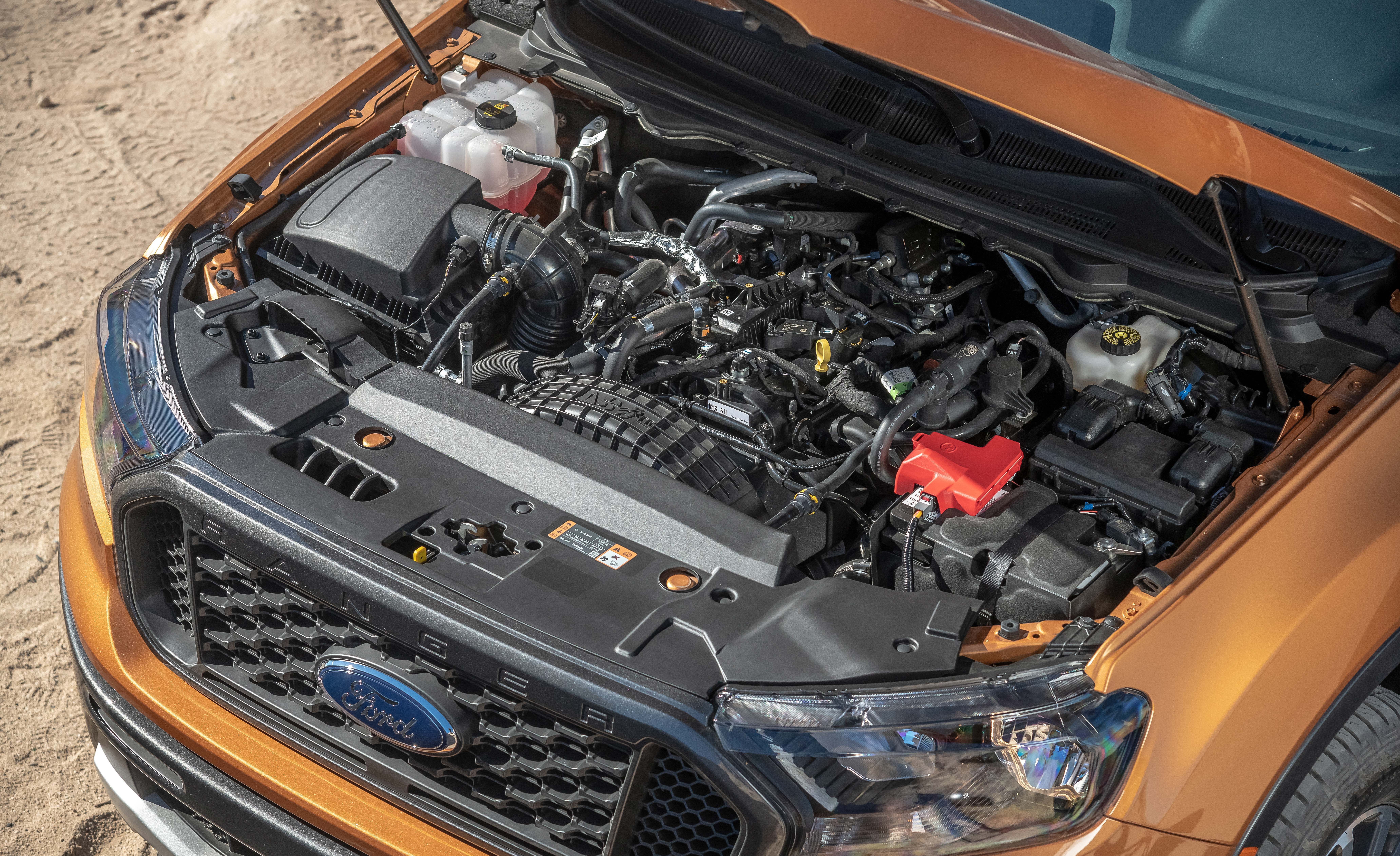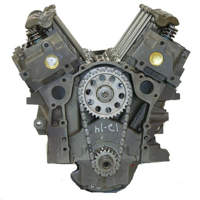What Makes an Auto Engine Run Smoothly: Leading Tips for Ideal Treatment
The smooth operation of a car engine is fundamental to both efficiency and long life, making optimum care a necessary duty for lorry owners. What particular steps should you prioritize to ensure your engine remains in peak condition?
Normal Oil Modifications
One of the most critical aspects of auto maintenance is ensuring your engine receives regular oil adjustments. Engine oil lubes inner components, lowers friction, and aids maintain ideal operating temperatures. Over time, oil deteriorates as a result of warm, pollutants, and the natural byproducts of combustion, bring about minimized efficiency and prospective engine damage.
Most suppliers suggest altering the oil every 5,000 to 7,500 miles, however this period can vary based upon driving problems and oil type. Artificial oils might permit for longer intervals between changes. Regular oil adjustments not only enhance engine performance however also enhance fuel efficiency, as tidy oil promotes smoother operation.
Ignoring oil modifications can cause sludge build-up, which impairs flow and can lead to severe engine problems. It is important to examine oil degrees regularly and keep an eye on for any unusual modifications in shade or uniformity, which might suggest contamination or destruction.
Preserving Coolant Degrees
Maintaining proper coolant degrees is important for preventing engine overheating and guaranteeing ideal performance. The coolant, generally a mix of water and antifreeze, circulates via the engine, absorbing heat and protecting against thermal tension. Not enough coolant can result in increased engine temperature levels, which may create serious damages and even overall engine failure.
To keep ideal coolant levels, frequently check the coolant tank, usually located in the engine bay. Make sure the coolant is loaded to the advised mark, as suggested in your lorry's proprietor handbook. It is suggested to check the levels at the very least when a month or soon journeys, specifically throughout severe weather condition problems.
If you see that the coolant level is consistently low, there may be a leak in the cooling system, which should be dealt with without delay to stop more problems. 2.2 ford ranger engine. Furthermore, flushing the coolant system every 2 to 3 years can help get rid of any kind of gathered debris and ensure reliable warmth exchange
Monitoring Air Filters

It is suggested to check the air filter every 12,000 to 15,000 miles, or a lot more frequently if driving in unfavorable or dusty problems. A simple aesthetic evaluation can commonly reveal whether the filter is unclean or damaged. It should be replaced immediately. if the filter appears blemished or has noticeable dust buildup.
Making use of a top quality air filter developed for your particular lorry version can better enhance engine performance. Furthermore, some lorries may profit from multiple-use filters that can be cleansed and reinstalled, providing a cost-effective and environmentally pleasant alternative.
Inspecting Flicker Plugs
Ignition system are crucial parts of a vehicle's ignition system, directly affecting engine performance and efficiency. They produce the stimulate that stirs up the air-fuel mixture in the burning chamber, helping with the engine's power generation. Routine examination of ignition system is critical for maintaining optimal engine feature and protecting against potential problems.
During an inspection, search for indicators of wear or damages, such as fractures, carbon build-up, or extreme gap widening. A healthy trigger plug usually displays a brown from this source or tan color. Dark residue or oil down payments can suggest inappropriate combustion, while a white or blistered appearance may recommend getting too hot. Both conditions require prompt attention to stop more engine damages.
It's a good idea to inspect trigger plugs every 30,000 miles, or as recommended in your automobile's owner guidebook. Furthermore, think about replacing them according to the producer's guidelines, as old or used stimulate plugs can cause misfires, minimized fuel performance, and enhanced exhausts.
Tracking Tire Pressure
Under-inflated tires can lead to lowered gas performance, boosted tire wear, and compromised handling. Routine surveillance of tire stress is important for ideal vehicle operation.
Tire stress ought to be inspected at the very least as soon as a month and previously lengthy journeys. Make use of a trustworthy tire stress scale to determine the stress when the tires are cold, preferably prior to the car has been driven for a minimum of three hours. Refer to the lorry's proprietor handbook or the placard situated on the chauffeur's side door jamb for the producer's advised stress degrees.
It is essential to keep in mind that tire pressure can fluctuate with changes in temperature level; a drop of 10 ° F can result in a 1-2 psi decrease in pressure. Additionally, aesthetically examine tires for any type of signs of wear or damages during your surveillance regimen. Preserving correct tire stress not only enhances lorry safety however likewise enhances gas efficiency and prolongs tire life, ultimately adding to a smoother engine performance.
Final Thought
In conclusion, keeping a vehicle engine's smooth procedure requires thorough focus Click This Link to several crucial factors. Inevitably, a positive technique to engine care is necessary for making certain reliability and capability over time.
One of the most essential facets of car maintenance is ensuring your engine gets routine oil changes. Engine oil lubricates internal elements, lowers rubbing, and aids maintain optimal operating temperature levels. Normal oil changes not just boost engine efficiency however right here also enhance fuel efficiency, as clean oil advertises smoother procedure.
Insufficient coolant can lead to boosted engine temperatures, which may create extreme damage or also complete engine failing.
